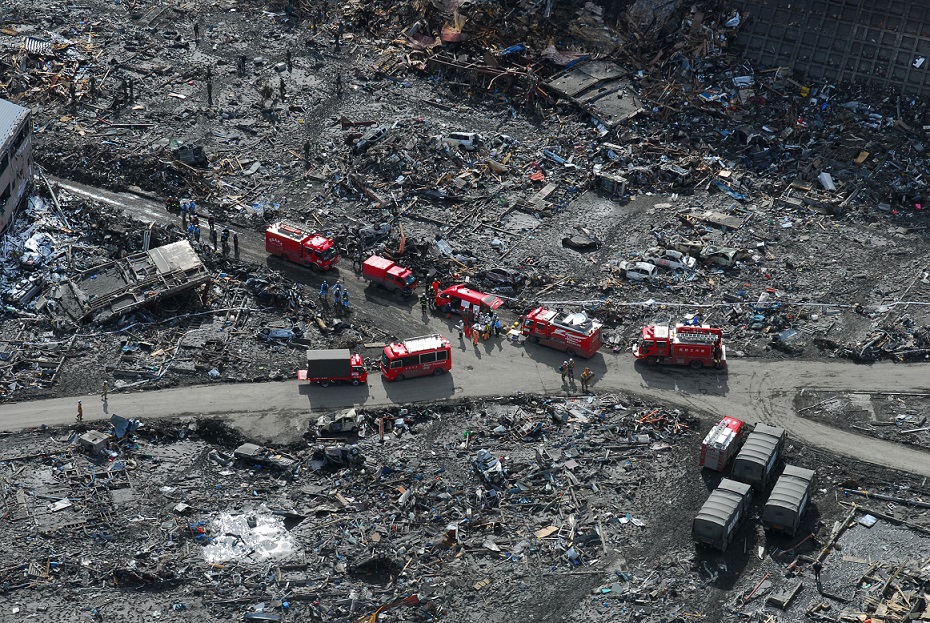This post is also available in:
 עברית (Hebrew)
עברית (Hebrew)
Most of the languages in the world are “low-resource” languages for which there are a dearth of human translators and no automated translation capability. This presents a big challenge in emergency situations where information must be collected and communicated rapidly across languages.
To address this problem, linguists at Ohio State University have been developing a general grammar acquisition technology, using the Ohio Supercomputer Center’s Owens Cluster.
Hpcwire.com reports that the research is part of an initiative called Low Resource Languages for Emergent Incidents (LORELEI) that is funded through the Defense Advanced Research Projects Agency (DARPA).
LORELEI aims to support emergent missions, e.g., humanitarian assistance/disaster relief, peacekeeping or infectious disease response by “providing situational awareness by identifying elements of information in foreign language and English sources, such as topics, names, events, sentiment and relationships.”
The group is using high-performance computing to develop a grammar acquisition algorithm that can discover the rules of lesser-known languages. “We need to get resources to direct disaster relief and part of that is translating news text, knowing names of cities, what’s happening in those areas,” said William Schuler, Ph.D., a linguistics professor at The Ohio State University, who is leading the project.
“The computational requirements for learning grammar from statistics are tremendous, which is why we need a supercomputer,” Schuler said.


























